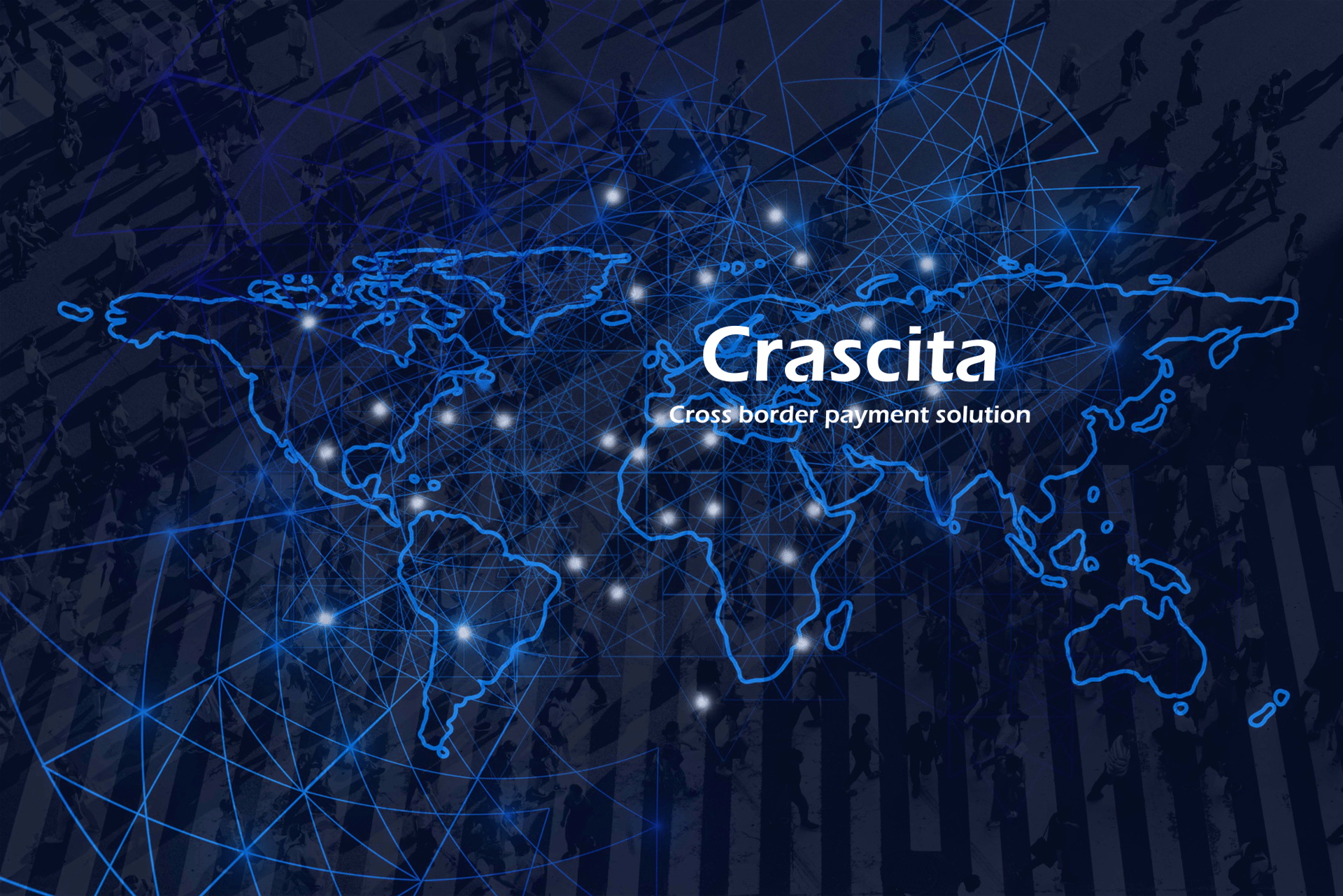Empowering Individuals: Blockchain's Disruptive Influence on Digital Identity and Cross-Border Payments
In an era defined by digital interactions and global connectivity, two domains stand at the forefront of blockchain's transformative potential: digital identity management and cross-border payments. This article delves into the profound impact of blockchain technology on these fronts, first illuminating how it is revolutionizing digital identity management, ensuring secure and user-controlled identity solutions while mitigating the risks of data breaches. Subsequently, we explore the innovative role of blockchain in simplifying cross-border transactions, diminishing fees, and fostering financial inclusion on a global scale.
Jeremy Ristin
4/8/2022

Blockchain and Digital Identity: A Paradigm Shift
Digital identity management, a cornerstone of our modern existence, is riddled with challenges ranging from privacy concerns to centralized control. Blockchain emerges as a disruptor, offering a paradigm shift by decentralizing identity verification and empowering individuals with control over their personal data. Self-sovereign identity solutions leverage blockchain's tamper-proof ledger to authenticate and authorize identity attributes, enabling seamless yet secure interactions without the need for intermediaries. By putting individuals in charge of their digital identities, blockchain reduces the risk of data breaches and enhances user privacy.
Mitigating Data Breaches and Enhancing Privacy
Blockchain's cryptographic principles and decentralized architecture create a robust shield against data breaches. Unlike centralized databases vulnerable to single points of failure, blockchain's distributed ledger ensures that user data is spread across the network, significantly reducing the risk of unauthorized access. Additionally, the need for explicit user consent for data sharing enhances privacy, as information is divulged only when necessary and solely under the user's control.
Blockchain in Cross-Border Payments: Pioneering Financial Inclusion
Cross-border payments, historically plagued by inefficiencies, delays, and exorbitant fees, undergo a metamorphosis with the integration of blockchain technology. Blockchain's inherent transparency and speed eliminate intermediaries, enabling direct and near-instant transactions between parties across borders. Furthermore, blockchain's programmable nature facilitates the creation of smart contracts, automating payment processes and ensuring compliance with international regulations.
Reducing Fees and Enhancing Financial Inclusion
Blockchain-driven cross-border payments slash transaction fees that traditionally erode the value of remittances. By bypassing intermediaries and traditional banking systems, individuals can retain a larger portion of their hard-earned funds. This reduction in fees enhances financial inclusion, empowering individuals in underserved regions to participate more actively in the global economy and access essential financial services.
Conclusion
The convergence of blockchain technology and digital identity management marks a significant stride towards a more secure and user-centric digital landscape. The empowerment of individuals to control their digital identities ensures data privacy while minimizing the risks of breaches. In parallel, the integration of blockchain in cross-border payments heralds a new era of financial inclusion, reducing fees and enabling seamless global transactions. As these domains continue to evolve, blockchain's potential to reshape industries and redefine digital interactions becomes increasingly evident, unlocking opportunities for a more inclusive and secure digital future. Fortifying Blockchain: Unveiling the Significance of Consensus Mechanisms and Government Services Adoption
Location
5 Bridgegate Irvine Ayrshire KA12 8BJ United Kingdom
Hours
I-V 9:00-18:00
VI - VII Closed
Contacts
blockchain@crascita.tech
Copyright © 2023 Crascita Blockchain Technology Ltd. All Rights Reserved.
